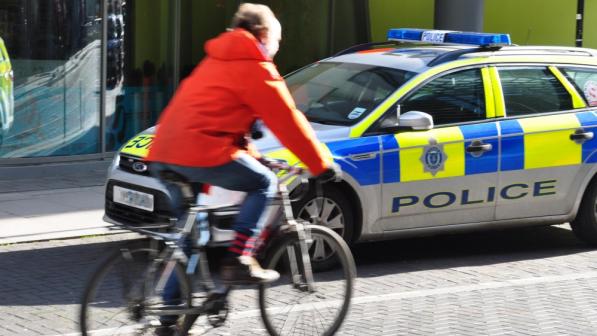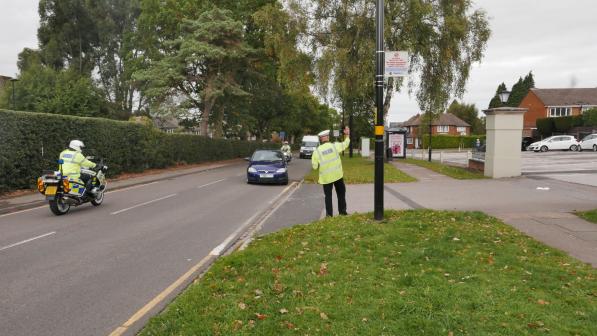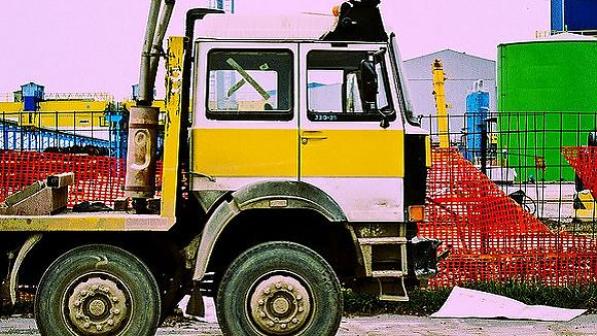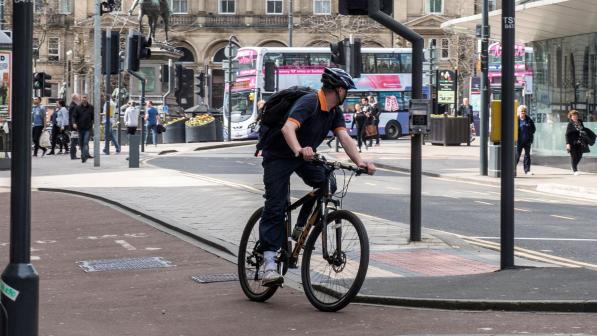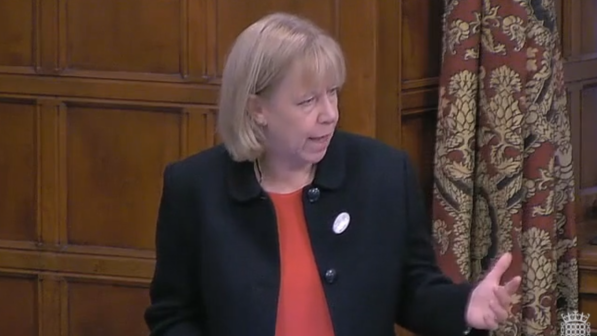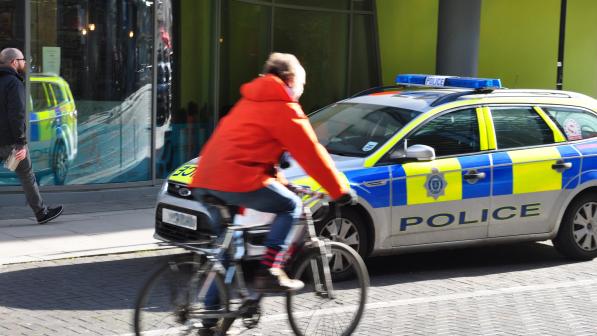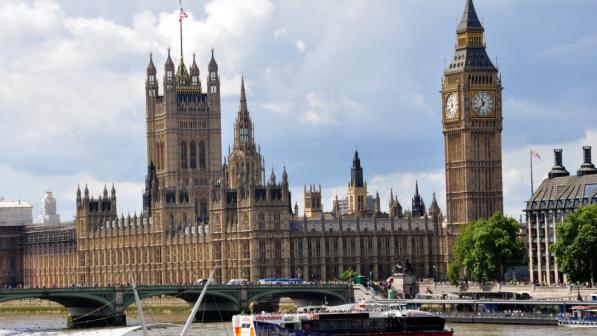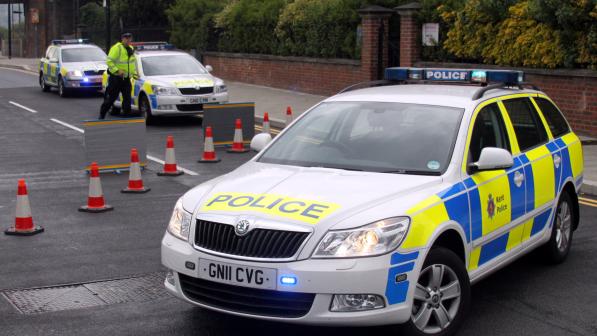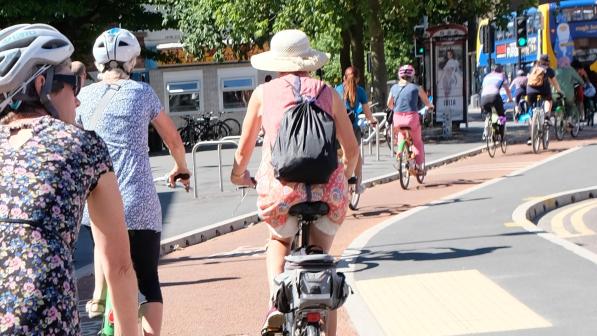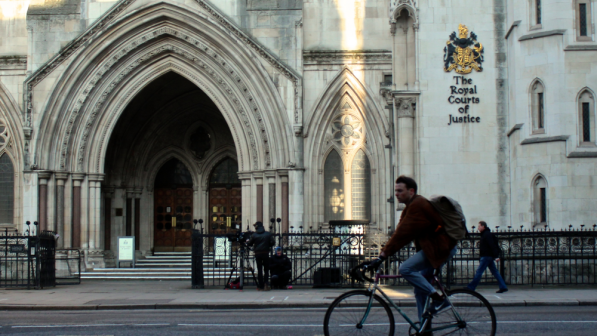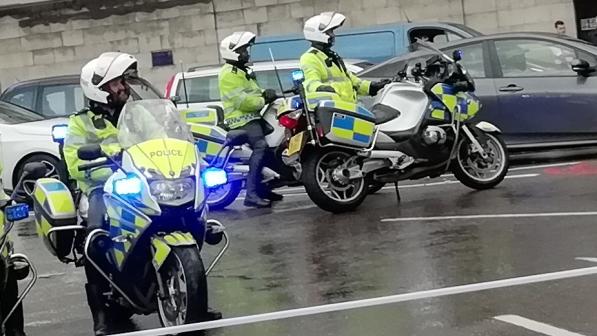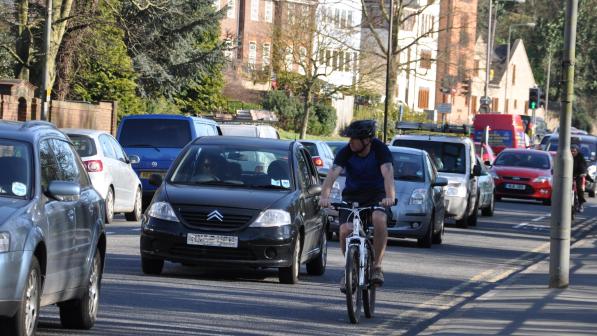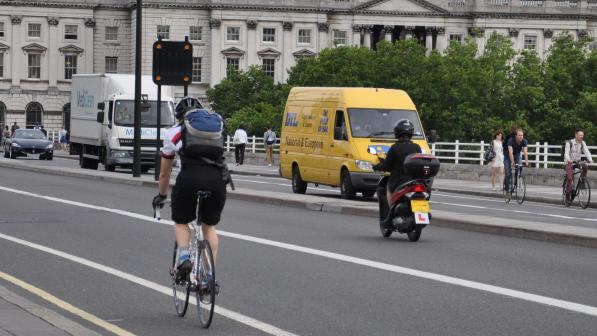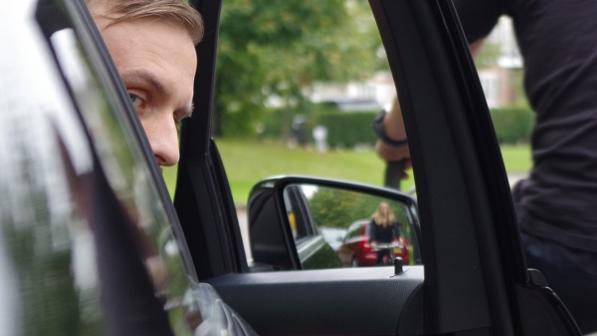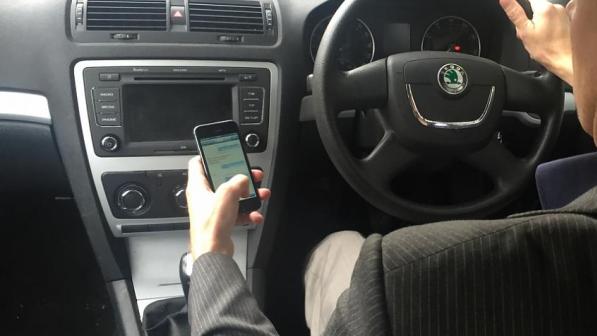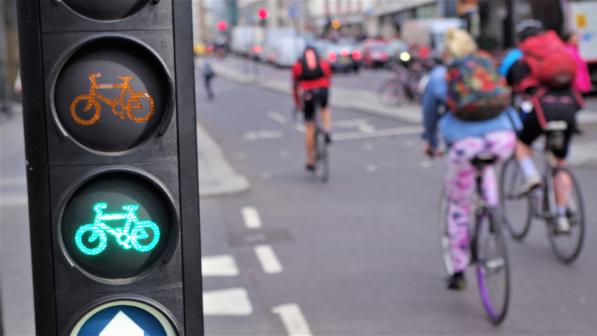Why do we need more traffic police?

The road safety benefits of traffic policing
Evidence clearly shows that investing in roads policing is a highly effective way of promoting road safety. This is largely because the fear of detection and prosecution deters people from behaving irresponsibly and unlawfully.
This is one of the main reasons why a report from the European Transport Safety Council (ETSC) recommends that police controls should be sufficiently publicised, regular and long-term, unpredictable and difficult to avoid, and combine both highly visible and less visible activities.
Some examples of the road safety benefits of investing in roads policing include:
- According to another ETSC report, France had one of the worst road safety records in Europe in 2001, but after adopting a ‘zero tolerance’ policy over speeding offences, and investing substantially in safety cameras and road traffic policing, deaths dropped by 43% (2001–2007).
- One survey (2004) found that 45% of French drivers said that ‘fear of punishment’ had made them change their behaviour, while 37% said ‘better awareness of risk’ had done the same.[1]
- A TRL report (2015) on the effectiveness of roads policing, commissioned by Thames Valley Police and Hampshire Constabulary, advised the forces that: “Increased levels of roads policing can reduce traffic violations and road casualties.”
- In Victoria, Australia, an arrive alive! strategy led to significant decreases in average speeds and a 16% reduction in fatalities during the first four years (2002-2005). A lower degree of tolerance for speeding offences and an emphasis on enforcement were major tactics.
- Research for the former Scottish Office found that “consideration of the costs and benefits of complying with the law” affected how frequently motorists engaged in anti-social behaviour such as excessive speeding.
- A government report from 2000, noted that the introduction of 30kmp/h speed limits in Graz, Austria met with strong public approval, yet speeds crept back to former levels when enforcement was relaxed.
Declining traffic police numbers
Nevertheless, despite the evidence for their effectiveness, traffic police numbers fell by 44% between 2007/8 and 2016/17 in England and Wales (E&W) outside the Metropolitan Police area, down from around 6,000 full time equivalent officers to under 3,400.[2]
This drop is significantly higher than the c17% drop seen in the police officer workforce as a whole over this period.
The chart below tracks traffic police officer numbers against police strength as a whole (E&W, outside the Met), and against reported KSIs (killed or seriously injured) per billion miles for cyclists (an alarming overall increase) and car drivers (overall decrease):

Although there are many factors that influence casualty rates for cyclists, it is not unreasonable to assume that the resources devoted to roads policing is amongst them.
Strategic Policing Requirement
When the issue of declining roads police numbers is raised, the Government usually responds by saying that it is a matter for each Police and Crime Commissioner (PCC) to determine their force’s priorities, and where to allocate resources.
Yet, in truth, PCCs do this within a wider framework that implies that roads policing and, by analogy, road safety, is not a national priority.
Under the Police Reform and Social Responsibility Act 2011, the Home Secretary’s view of current national threats and the policing capabilities appropriate to counter them is set out in the ‘Strategic Policing Requirement’ (SPR).
The SPR for England and Wales focuses on terrorism, organised crime, cybercrime, public disorder etc., but, as it does not mention roads policing. This means that decisions about its importance are made locally.
The sad reality is that cash-strapped PCCs are reluctant to cut services that the SPR identifies as most crucial. As a result, roads policing has faced disproportionate cuts compared with other police services, a situation likely to continue unless and until the Government takes the lead and includes roads policing within the SPR.
The situation in England and Wales compares unfavourably with that in Scotland. There, the number of officers assigned to roads policing rose by 4% in the year to March 2016.[3] Road safety and road crime, moreover, are priorities set out in Scotland’s Annual Police Plan 2017/18. (It was also given priority the year before).
Cycling UK believes that roads policing should never be omitted from the priorities set by national governments. This is because:
- The number of people killed or seriously injured on the roads - 25,893 in 2016 (GB) - is much higher than the number killed or hurt by public disorder;
- Research suggests that roads policing is highly effective not only for improving road safety, but also for detecting other forms of crime;
- To be effective not simply as a road safety tool, but also as a means to detect other crimes, roads police need the resources to submit data to centrally co-ordinated systems (e.g. for automatic number plate recognition);
- Road crash investigation is a specialist skill and best supported at national rather than local level;
- Victims of road crime deserve national commitment - not a ‘post-code lottery’ - both in terms of investigation quality and victim support.
Cycling UK thus recommends that roads policing should be prioritised by national government and incorporated in all overarching policing strategies and plans, including the SPR. This would strengthen the case for individual police forces to give it the attention it deserves.
[1] La Prévention Routière/Gatard. Comportement des Français au Volant: en 5 ans, ce qui a change. April 2004.
[2] We have excluded London's Met Police because, unlike other forces, they reported a huge rise in traffic police numbers between 2013/14 and 2014/15 (up from 264 to 1,433). However, we found that this was largely due to a ‘reclassification’ of roles, rather than a genuine rise in the numbers of roads police officers. When combined with other forces’ figures, this gave the misleading impression that overall road policing numbers had risen by c20% between 2013/14 and 2014/15. Data sources: Police Workforce England & Wales (Home Office); Road casualty annual reports (DfT); Parliamentary Question.
[3] Response to Freedom of Information request made by Cycling UK. 26/10/2016.
